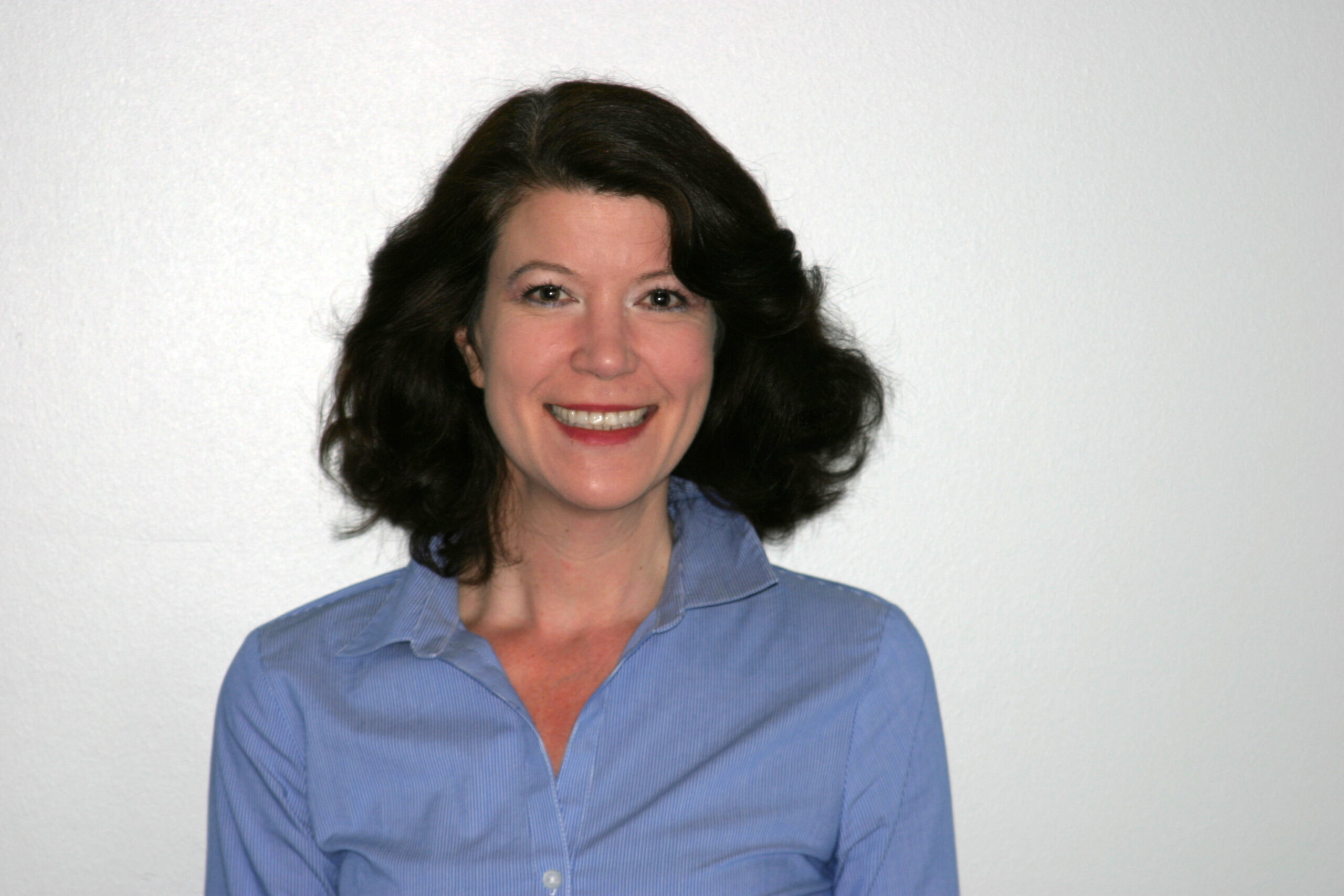
Oncoustics CEO Beth Rogozinski. Photo credit: Oncoustics
Roughly 4.5 million adults in the U.S. are estimated to have liver disease, and that number is expected to grow, as non-alcoholic fatty liver disease is on the rise.
Characterized by excessive fat in the liver, it can lead to inflammation or scarring over time. Because the condition often has no symptoms, it frequently goes undiagnosed. Currently, the gold standard for diagnosis is a biopsy, but companies are also working on developing noninvasive screening tools to catch the disease earlier.

With the Rise of AI, What IP Disputes in Healthcare Are Likely to Emerge?
Munck Wilson Mandala Partner Greg Howison shared his perspective on some of the legal ramifications around AI, IP, connected devices and the data they generate, in response to emailed questions.
One of these startups is Oncoustics, which applies AI to raw RF ultrasound signals to differentiate healthy liver tissue from diseased tissue by measuring the tissue acoustic properties. A panel of judges selected the startup as the winner of the Pitch Perfect contest at MedCity Invest Pop Health.
Oncoustics hopes to turn ultrasounds into better point-of-care screening tools, which would be less invasive and cheaper than current alternatives. They work by sending out sound waves, which then bounce off of the tissue and are converted into a grayscale image.
However, Oncoustics doesn’t just analyze the image itself. It also collects the raw signal, including information that wasn’t used to generate the image. It plans to use this additional information to reveal new biomarkers, and quickly differentiate between healthy and diseased tissue.
“There’s a huge amount of signal that gets thrown away and we collect all of that,” CEO Beth Rogozinski said in an interview with MedCity News.
The Toronto-based startup was founded in 2018 by Ahmed El Kaffas, who was working with ultrasound data while getting his PhD in Medical Biophysics at the Sunnybrook Research Institute. He had been studying the acoustic properties of tissue to monitor cancer treatments, when he and Rogozinski identified a significant unmet need in detecting liver fibrosis.
“We’re initially focusing on the liver because of the high unmet need,” she said. “The liver is an easy organ for the ultrasound systems to image, number one, and number two there’s this huge and growing need around liver disease.”
To start, Oncoustics is focused on categorizing liver fibrosis through a clinical decision support tool, meaning a healthcare professional ultimately will make the final decision. The company is working on a 510(k) submission for the Food and Drug Administration, and hopes to be able to start marketing its product by 2023. Rogozinski, former chief product officer for Pear Therapeutics, is no stranger to this process, as she led the digital health startup through the process for its first clearance.
The good news is that, if caught early, non-alcoholic fatty liver disease can be reversible through dietary changes or weight loss. Many pharmaceutical companies are also working to develop treatments for nonalcoholic steatohepatitis, a form of non-alcoholic fatty liver disease.














